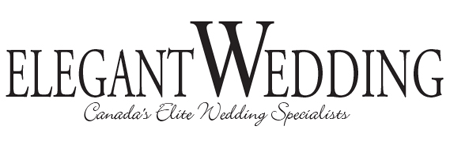Getting engaged is a life-changing moment, one step closer to tying the knot. However, the awaited proposal involves an engagement ring, which can be costly. This ring is just one of the many things you will need to finance throughout the engagement and wedding planning.
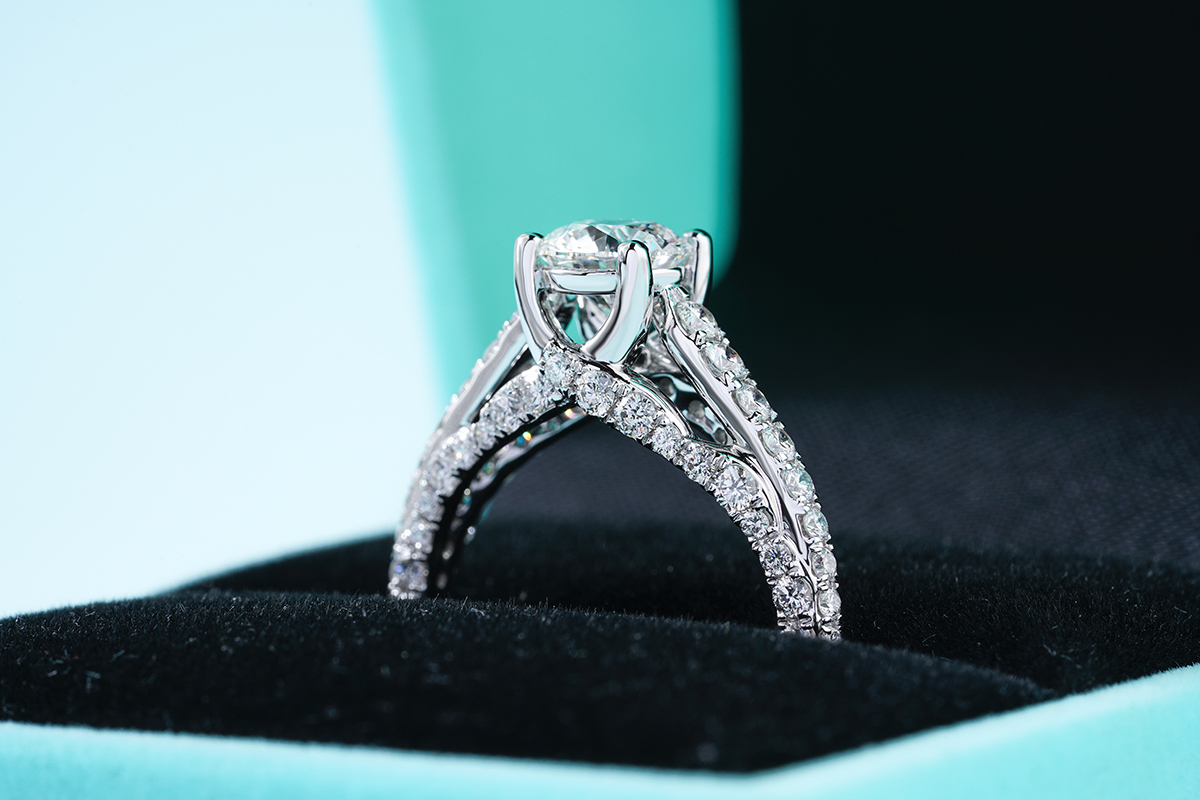
According to Statista’s latest data, in 2017, the average cost of engagement rings in Canada was 4,858 CAD. This number may have grown in the last six years due to the rapidly changing jewelry market and economic activities. For this reason, you will need to have a budget prepared if you plan on buying an engagement ring.
Saving up for an engagement ring can be complicated when you don’t know when and how to start. If you’re at this life stage, keep reading to learn how to finance your engagement ring and make informed decisions to get the perfect one.

Budgeting Tips for an Engagement Ring Purchase
The amount you’ll spend on an engagement ring is based on your budget, requiring you to plan and prepare. To help you out, here are some budgeting tips you can try to save money for the perfect engagement ring:
- Total your monthly income and expenses, then list your priorities.
- Research and compare engagement ring prices from different jewelry stores.
- Consider having a co-signer for financing terms.
- Decide on your payment method (cash, installments, or credit card).
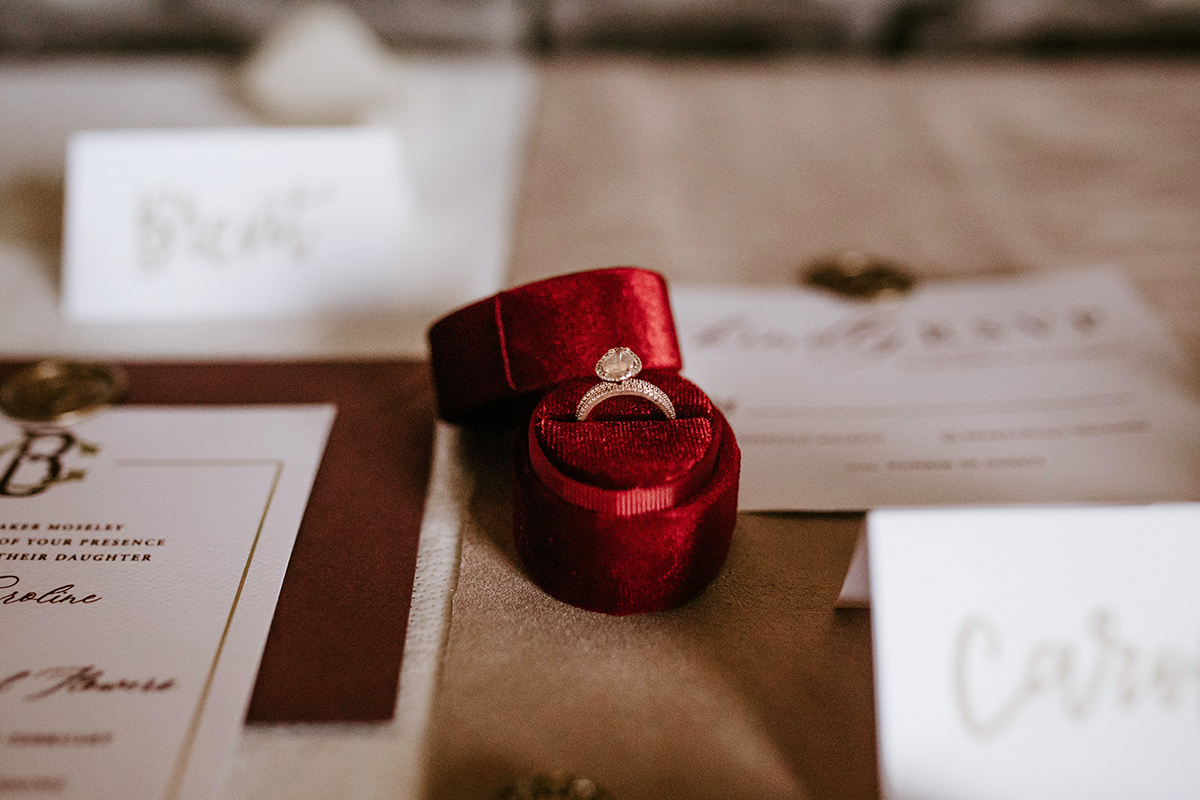
Engagement Ring Financing Options
Deciding on your payment method includes researching the financing options you can choose upon an engagement ring purchase. They are ideal if you can’t save up or don’t want to borrow money from family or friends. Here are the following options you can choose from.
Personal loan
If you think paying for an engagement ring can take years, a personal loan is a good choice. You can use this for many purposes, including engagement and wedding plans. Personal loans are also called installment or consumer loans and long-term financing plans.
Applying for a personal loan means you borrow a specific amount that should be paid in installments within the agreed timeframe. Just to remind you, these installments include interest and fees and must be regularly paid.
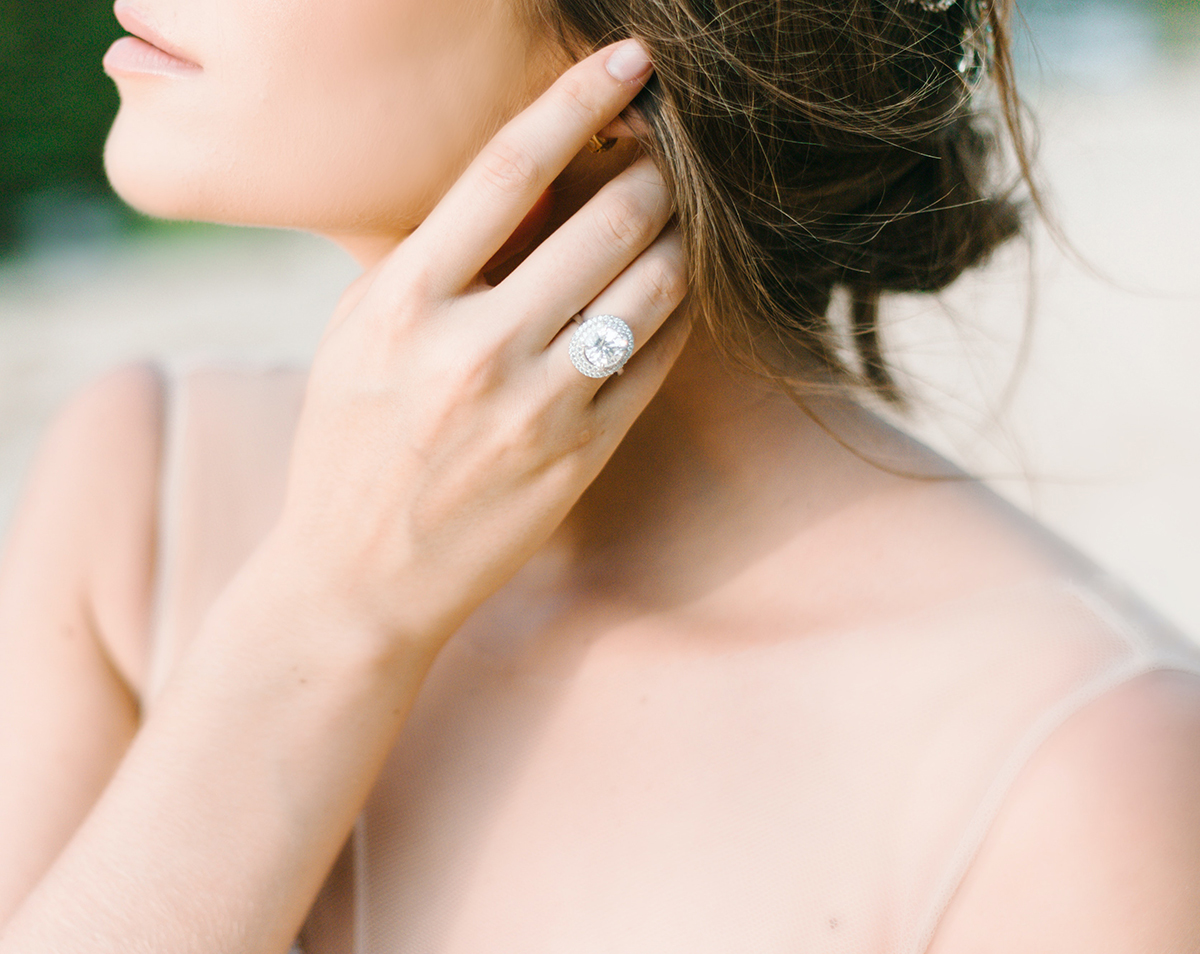
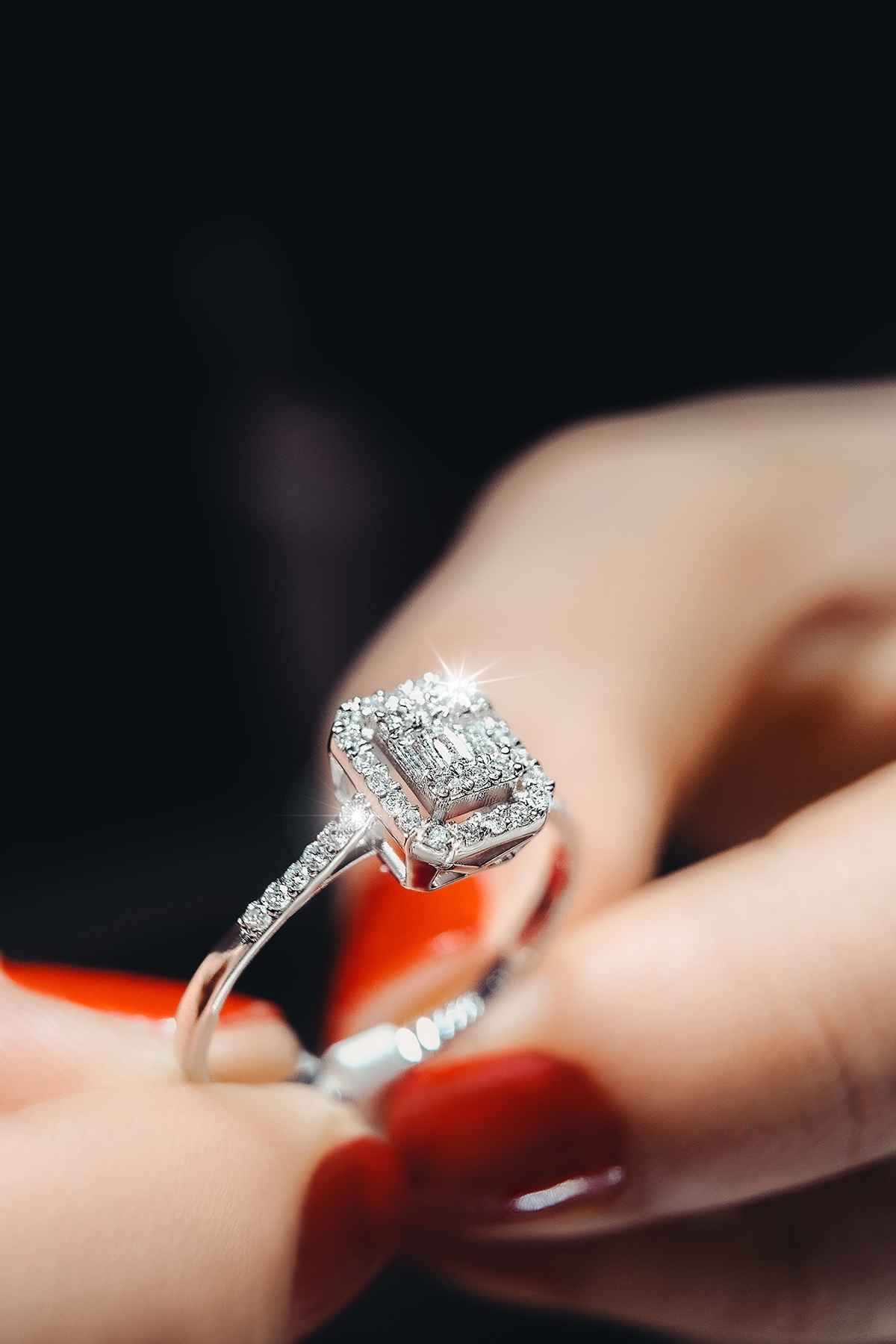
Credit card with low interest
Credit cards provide credit limits you can spend and should be paid monthly. They typically have an annual percentage rate (APR), a formal term for credit card interest. For an engagement ring purchase, your best bet would be a 0% APR credit card, which lenders can offer for up to 15 months.
However, in Canada, 0% APR credit cards are rare. You will need to conduct extensive research to find one, which may be time-consuming, making low-interest credit cards the ideal alternative. The credit card issuer will also likely check your credits to see your repayment eligibility and capability.
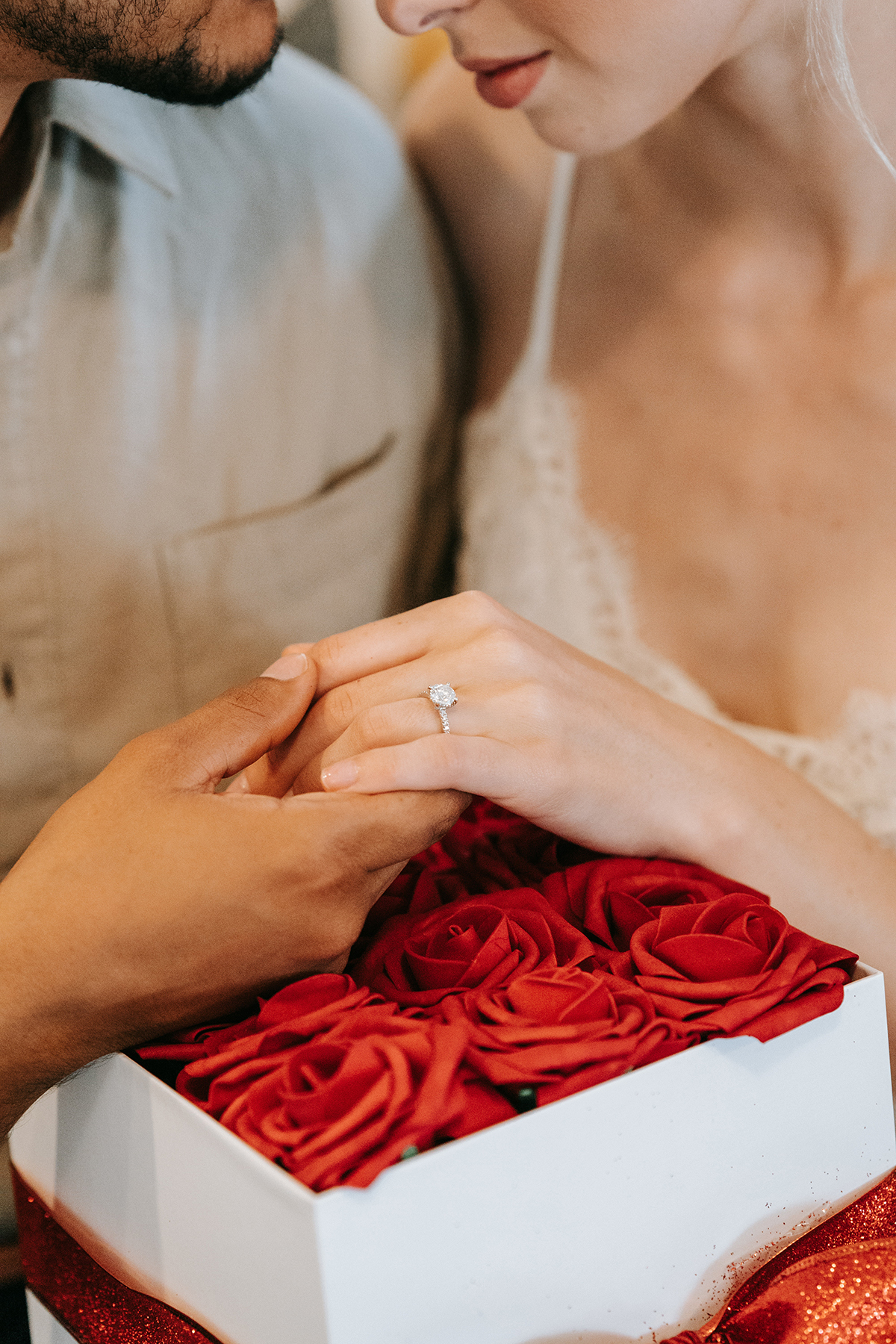
Buy now, pay later services.
Many companies, including jewelry stores, offer buy now, pay later (BNPL) services. You can use them when buying products and services, including engagement rings. It works through an agreement with the retailer and financial service provider in two plan options: equal payment and deferred payment.
For BNPL, some retailers provide promotional rates for up to 0% interest; failure to pay within the agreed time results in additional charges.
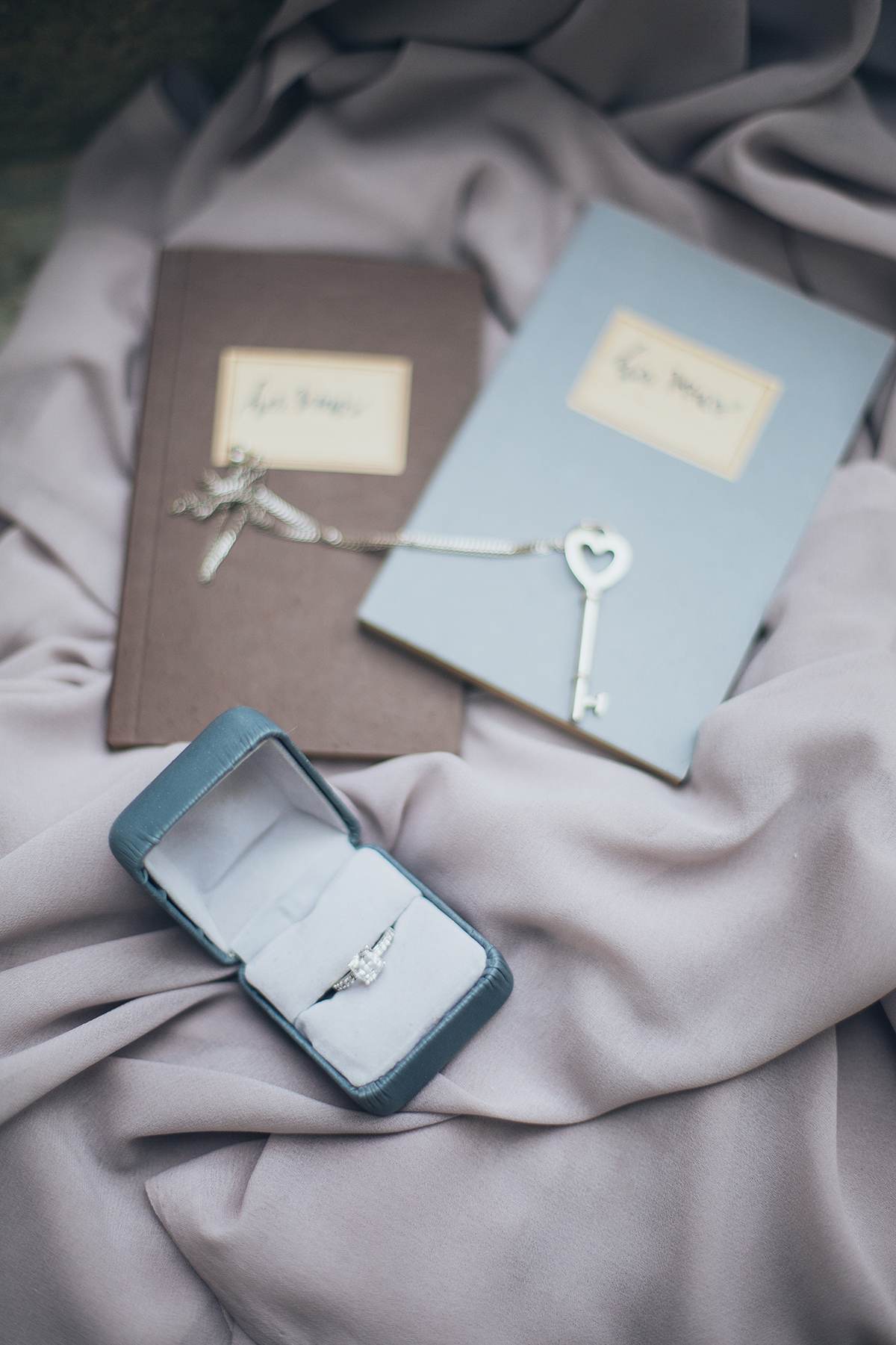
Jeweller’s promotional period
Some jewelry stores can provide engagement ring financing upon purchase, allowing repayment flexibility. This financing is usually available within a 12-month promotional period. During this time, you can enjoy low or no-interest plans and have different payment options, depending on the jeweler’’s partner financier.
Protect Your Engagement Ring Investment
Since an engagement ring is expensive, you wouldn’t want to waste your investment when it gets damaged or lost. For this reason, engagement ring insurance is a must! This type of jewelry insurance often covers ring repairs and replacements, with the costs determined by your location, ring value, deductibles, and discounts.
